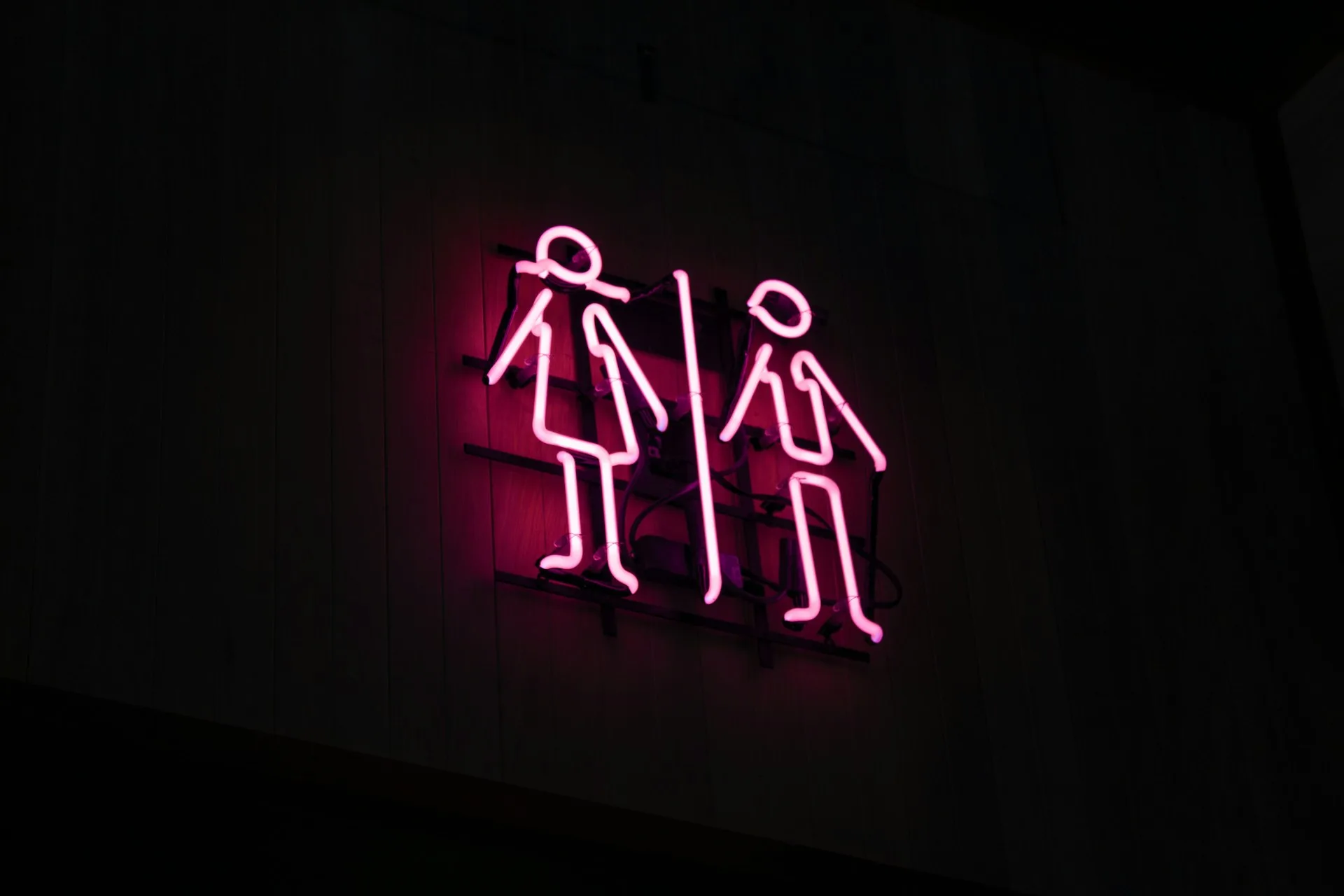Russia’s full-scale invasion since 2022 has exacerbated gender inequality that already existed in Ukraine. In 2025, the wage gap between men and women reached 41%, due to mass population displacement, job losses and changes in the economy. Women, who make up 54% of the population, hold only 20.8% of seats in parliament, and the war has exacerbated this imbalance due to increased family care burdens and limited access to resources. Men mobilised to the front lines face psychological trauma that affects family roles, while women often take on economic responsibilities. These shifts require the integration of a gender perspective into recovery plans to avoid reinforcing stereotypes and ensure a sustainable society.
Read also: Gender balance in the Ukrainian media. Trends and challenges
The role of women in community and economic recovery processes
Women are actively leading recovery efforts at the local level, organising initiatives to rebuild infrastructure and support displaced persons. In 2025, programmes such as Victory Gardens demonstrate how women’s leadership promotes gender-inclusive development by combining environmental projects with economic recovery. According to UN Women, women lead most humanitarian efforts but face barriers in accessing funding and decision-making. Recovery conferences, such as URC 2025 in Rome, emphasise the need for their participation not only in gender panels but also in general discussions on the economy and infrastructure. This allows women’s needs to be integrated into plans such as the restoration of education and healthcare, where war has led to a double gender pay gap.
Read also: Bridging the Gender Pay Gap: Steps Toward Equality in Wages
Challenges for men and gender stereotypes in the post-war context
The war has affected men through mass mobilisation, leading to an increase in domestic violence and psychological problems. In 2025, male veterans often face economic violence in families where stigma prevents open discussion. Gender stereotypes exacerbate the pressure: men are expected to be “protectors”, but injury or demobilisation can destroy the family structure. A new version of the military service law limits parental leave to women only, reinforcing inequality. This requires a rethinking of roles so that men can participate in childcare without losing status, promoting balance in society.
Read also: ‘Defence of Ukraine’ for all: schools abolish gender gap in lessons
Gender-sensitive recovery initiatives and policies
Ukraine is implementing gender mainstreaming in recovery, as outlined in the Action Plan for European Integration and the Gender Equality Index 2025. The Gender-Responsible Recovery Alliance, launched in 2025, monitors communities to ensure that the needs of men and women are taken into account in the recovery process. Recommendations for URC 2025 include integrating gender into all conference formats, with a focus on education, career development and combating violence. International partners, such as UNDP, support programmes aimed at inclusive recovery so that the war does not result in a regression for equality.
Read also: UN Women in Ukraine: а program to bridge the gender pay gap has been launched
The path to a sustainable society through gender equality
Ukraine’s recovery in 2025 depends on gender balance, where equality becomes the foundation for economic growth and social stability. Ignoring these aspects risks perpetuating inequality, while integrating the needs of both genders into recovery plans, as in the National Strategy for Gender Equality until 2030, will ensure the effective use of resources. The media and civil society organisations play a key role in covering these topics so that society can see the full picture of challenges and successes.
Read also: Is gender equality a utopia? What problems do women still face and what to do about them



